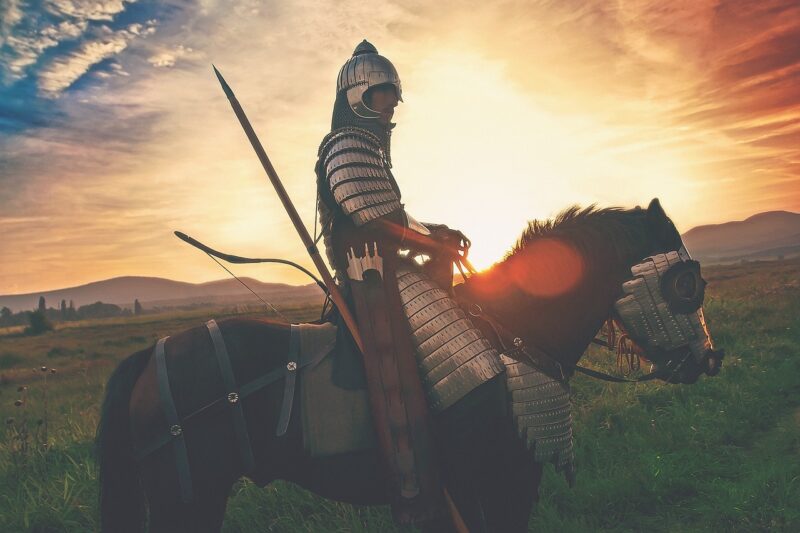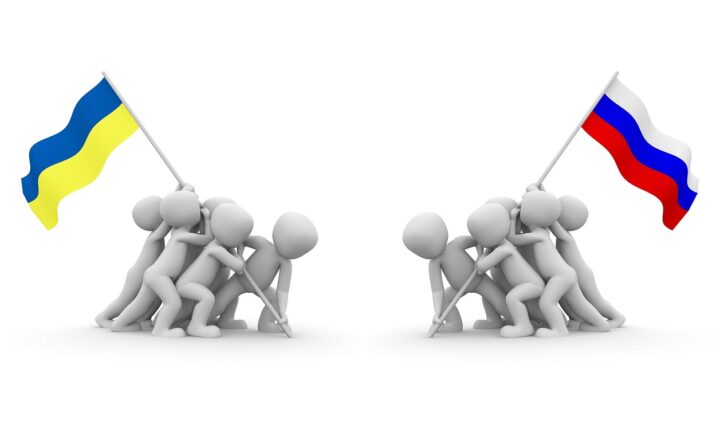A Legacy of Struggles: Exploring the Most Pivital Conflicts That Shaped Nations
November 19, 2024

Conflicts are a part of human history that shape the trajectory of nations and people’s lives. Throughout the ages, wars, revolutions, and pivotal struggles have dictated the socio-political landscapes of countries and the mindset of their citizens. These conflicts, driven by a range of factors including economic, religious, and ideological motivations, reflect deeply human themes of power and survival, justice and injustice. In this article, we will delve into some of the most significant conflicts that not only changed individual nations but also had repercussions on a global scale.
1. The Peloponnesian War (431-404 BC): A Clash of Civilizations
The Peloponnesian War was fought between the city-states of Athens and Sparta and their allies in ancient Greece. This protracted conflict gives us insight into the struggle for power and dominance in the classical world. The war began as a result of Athenian imperialism and the fear it instilled in Sparta and its allies.
The conflict had devastating effects on both sides, catalyzing changes in military strategies and political structures across Greece. It ultimately led to the decline of Athens as a dominant power and marked the end of the Golden Age of Ancient Greece. The themes of democracy versus oligarchy exemplified during this period resonate with many modern democratic struggles.
2. The Hundred Years’ War (1337-1453): England vs. France
The Hundred Years’ War was a series of conflicts waged between the Kingdom of England and the Kingdom of France, stemming primarily from territorial disputes and claims to the French throne. This war reshaped the national identities of both countries.
Innovative military tactics, such as the use of longbows by English archers, turned the tide in numerous battles. Additionally, figures like Joan of Arc emerged as national symbols, demonstrating the war’s significant impact on cultural identities.
The conclusion of the war established France as a centralized power, while England faced internal conflicts leading to the Wars of the Roses, further illustrating how external struggles often lead to internal transformations.
3. The American Civil War (1861-1865): A Fight for Unity and Freedom
The American Civil War, fought between the Northern states (the Union) and the Southern states (the Confederacy), was primarily rooted in issues of slavery and states’ rights. The war fundamentally altered the United States, preserving the Union while culminating in the abolition of slavery through the 13th Amendment.
This conflict brought about significant changes in American society and policy, including greater federal authority and the beginning of the civil rights movement. The war left a legacy of struggle that continues to influence contemporary discussions on race and equality, highlighting how past conflicts shape modern societal frameworks.
4. World War I (1914-1918): The Great War and Its Aftermath
World War I, also known as the Great War, was one of the deadliest conflicts in history, involving numerous countries across the globe. It resulted from intertwined alliances, militarism, and imperial ambitions. The war radically reshaped national boundaries, leading to the collapse of empires such as the Austro-Hungarian and Ottoman Empires.
The Treaty of Versailles attempted to bring peace but instead created conditions for future conflicts, ultimately making World War II almost inevitable. The legacy of WWI includes the emergence of new technologies of warfare, shifts in gender roles as women entered the workforce during the war, and a profound questioning of the meaning of civilization and progress.
5. World War II (1939-1945): A Battle for Human Rights and Freedom
World War II was marked not just by territorial ambitions but also ideological conflicts between fascism, Nazism, and democracy. The war resulted in unprecedented loss of life and became a battleground for concepts of freedom and human rights.
The war gave rise to significant social change, resulting in the establishment of the United Nations and the Universal Declaration of Human Rights. The consequences of WWII continue to shape geopolitical relations today, as nations grapple with the remnants of colonialism, fascism, and the ongoing quest for human rights and dignity.
6. The Cold War (1947-1991): Ideological Clash of East vs. West
The Cold War was not a direct military conflict but rather a prolonged period of political tension and ideological rivalry between the United States and its allies versus the Soviet Union and its satellite states. It was characterized by proxy wars, nuclear arms races, and intense ideological battles between capitalism and communism.
Although this conflict did not result in direct confrontation, it shaped international relations for decades and set the stage for numerous regional conflicts. The essence of the Cold War highlights the impact of ideology on global governance and the interconnectedness of nations in the age of globalization.
Conclusion: Struggles that Define Us
The stories of conflict throughout history serve as reminders of humanity’s capacity for both destruction and resilience. Whether through warfare or social movements, these struggles have not only defined national identities but also influenced global trajectories. They remind us of the shared history we all partake in and the importance of understanding our past to navigate our present and future successfully.
By exploring these pivotal conflicts, we gain insights into the complexities of human nature, the ever-evolving social constructs, and the ongoing battles for justice, freedom, and equality that continue to shape our lives today.







